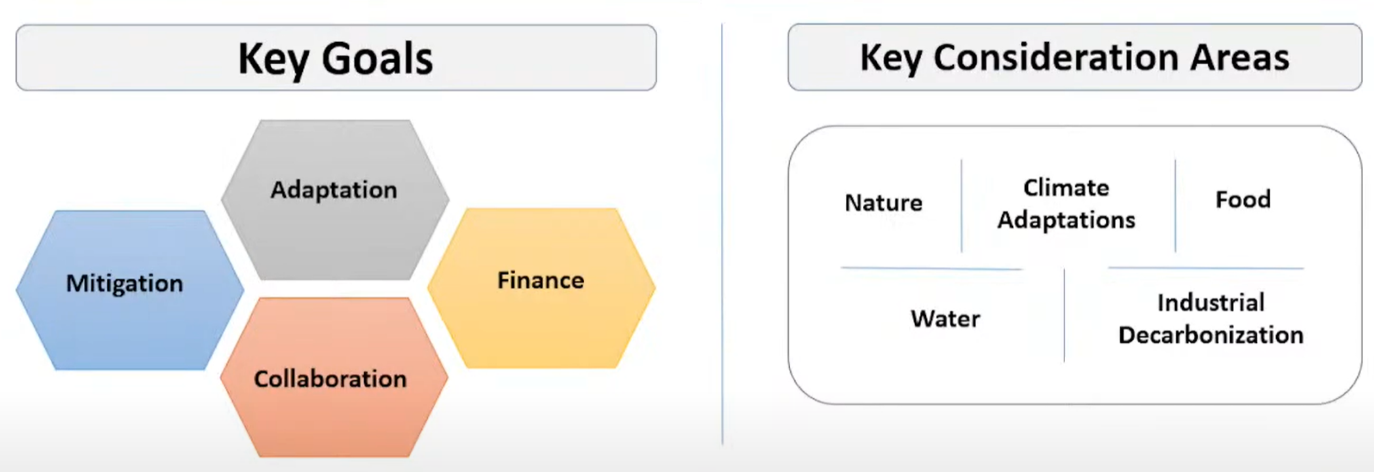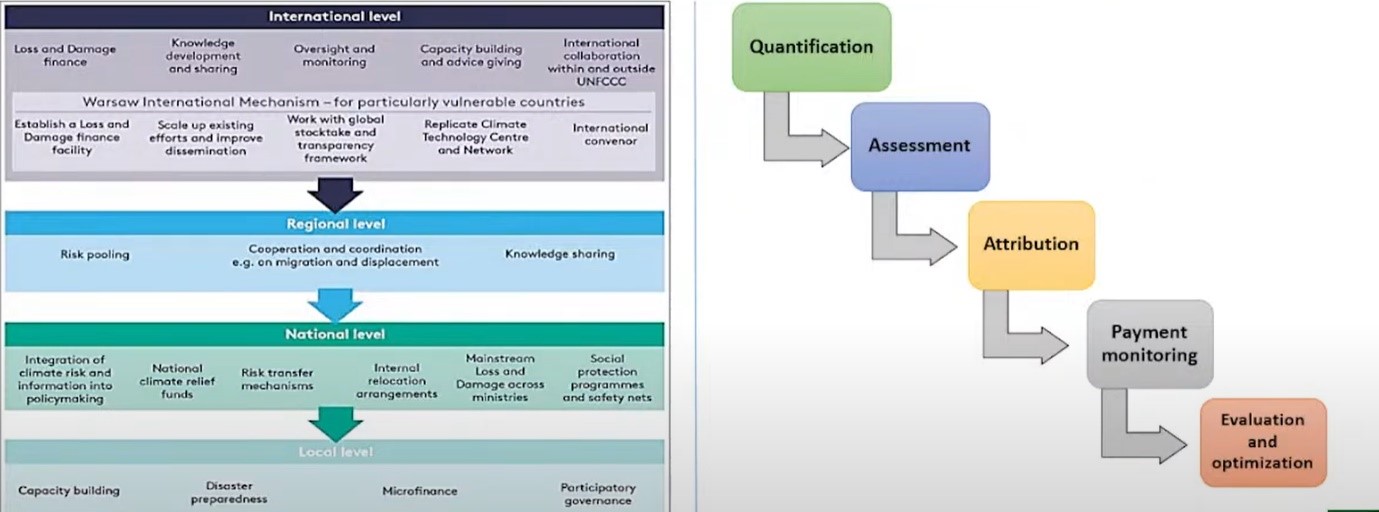INP-WealthPk
Arsalan Ali
Around the world, many countries and communities experience loss and damage due to the impacts of climate change. Experts emphasise the need for developing a normative framework based on international law to provide a mechanism for calculating losses and damages and ascertaining

legitimacy. The framework is used to address critical questions regarding the mechanism of loss and damage resulting from climate change. Lubna Riaz, a senior researcher at the Institute of Policy Study, told WealthPK that four key goals, agenda of adaptation, finance, collaboration, and mitigation, were discussed in the Conference of the Parties (COP 27) at Sharm El-Sheikh, Egypt, to tackle the looming issue of climate change. She said financial assistance will be given to the poor and developing countries for loss and damage caused by greenhouse gases from the developed countries.
Lubna said adopting this agenda will enhance the climate change resilience of many of the world’s most vulnerable communities that are most affected by greenhouse gas emissions. She said Pakistan’s emission of greenhouse gases is less as compared to the damage it has been facing, and added that all countries that participated in the conference must take bold steps and immediate action to reduce the emission of greenhouse gases.
The researcher said that over 820 million people around the world are suffering from hunger because climate change and the global food chain supply system are linked together. “Our ability to combat climate change will be determined by how quickly we implement adaptation, financing, collaboration, and mitigation strategies,” she said, adding that the representatives of all developed countries should work together to decide where the fund should be located.
She mentioned that the G2O countries represent around 75% of global greenhouse gas emissions. She said working models should be developed on an international, regional, national, and local level with an implementation based on quantification, assessment, attribution, payment monitoring, evaluation, and optimisation steps.

Maham Naveed, research fellow at Islamabad Policy Research Institute, told WealthPK that the United Nations framework convention established an international environmental treaty to combat dangerous human interference with the climate system in part by stabilising greenhouse gas concentrations in the atmosphere.
She said the treaty also calls for scientific research, negotiation, and future policy agreements designed to allow the ecosystem to adapt naturally to climate change to ensure that food production is not threatened, and economic viability is sustained in developing and developed countries.
Maham said the United Nations framework convention endorses the concept of common but differentiated responsibilities in a climate context. She said Pakistan has been battered by back-to-back climate catastrophes in recent years, including heat waves and forest fires, and it is finding it difficult to get financing to recover the losses and fight against climate change.

Maham said the cost that developing countries have been facing in the form of loss and damage is much higher than the aid they receive from developed countries. She said Pakistan is not the only country suffering from climate hazards. However, she said, other vulnerable countries have argued that rich countries cause the bulk of climate change with their historical emissions, and they should pay now.
The researcher said there is no established definition of loss and damage under international law, which is a big problem for victims of climate change impacts. She said the implementation of any framework based on loss and damage is very difficult. Therefore, she said, a normative framework based on international law is needed for the legitimacy of losses and damage calculations.
“It will provide a legal underpinning to the mechanism, which will strengthen the convention and the mandated process. A good starting point would be the mechanism already present in international law for the calculation of transboundary harm,” she said. The researcher highlighted that the International Court of Justice has already recognised a general obligation of states to ensure that activities within their jurisdiction and control respect the environment of other states.
She added that a possible mechanism could be setting a minimum threshold for the first state to claim loss and damage, while at the same time imposing a harm rule on all states.The United Nations climate change conference, more commonly referred to as COP 27, was held in Egypt this year in which 197 countries ratified the United Nations framework convention on climate change.
Credit : Independent News Pakistan-WealthPk



